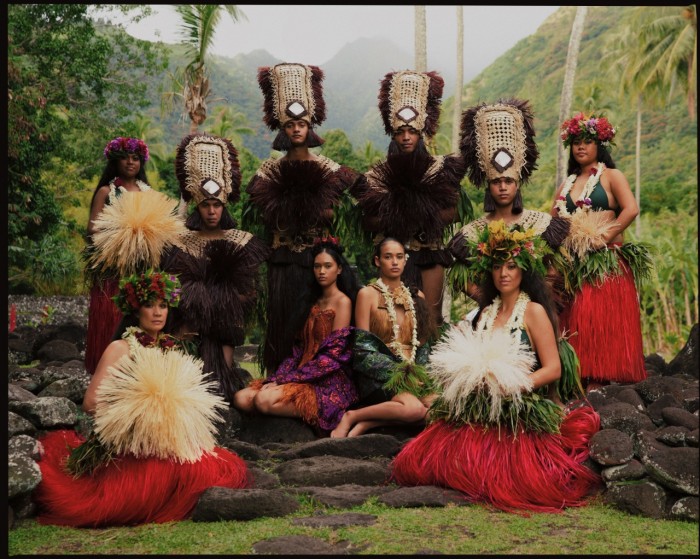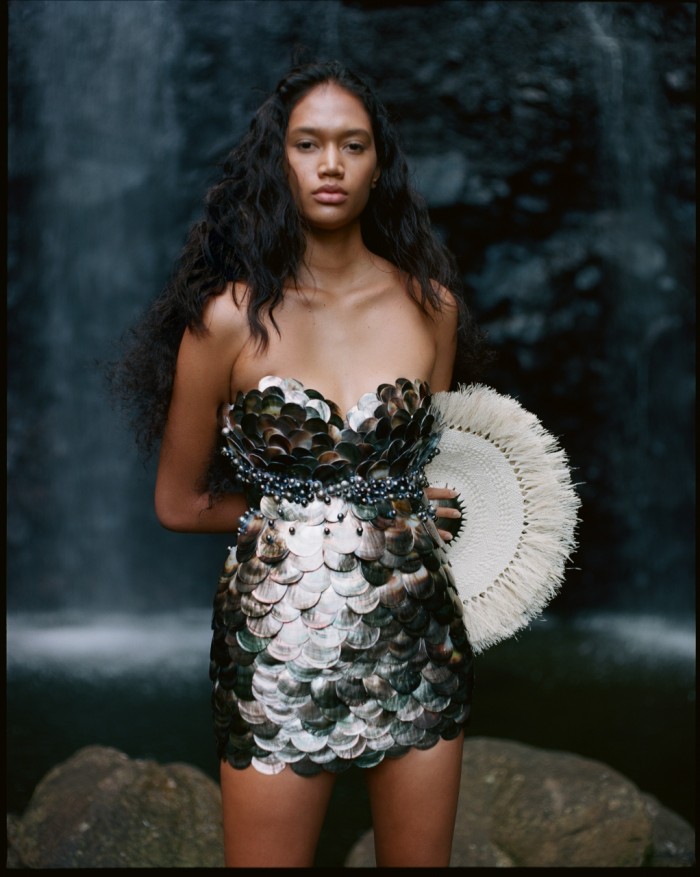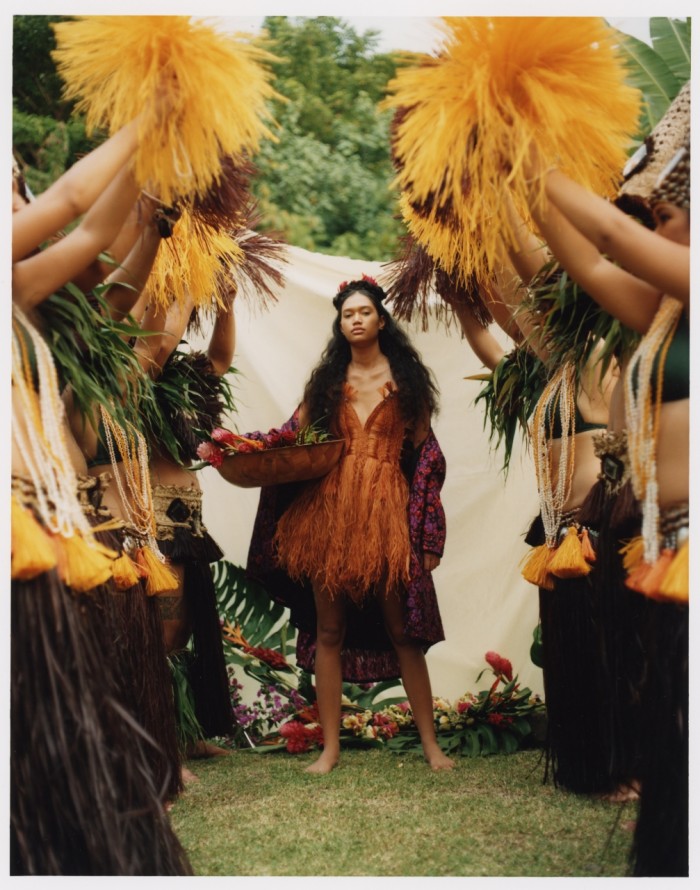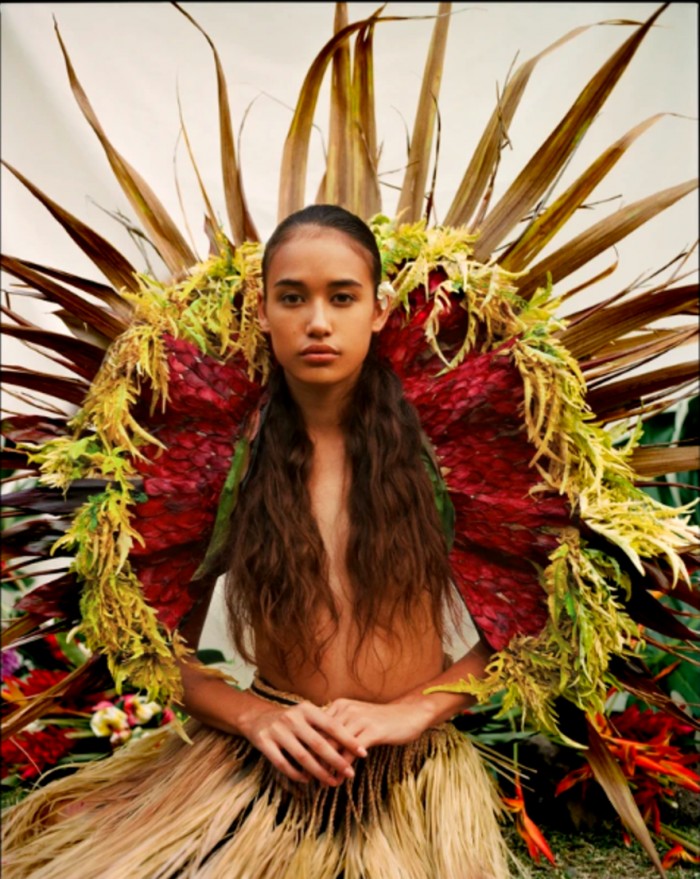The utterance of the phrase ‘fashion week’ tends to spark up images of the sophisticated French fashion society, red-soled Italian heels and floor length trench-coats worn by some of the world’s most beautiful people.
But what many fail to recognise is that while the western world dominates the fashion industry, lesser-known countries host their own fashion weeks, including the tiny Polynesian island of Tahiti.
The island is most famous for their immaculate beaches and rich island culture. A significant part of the Tahitian culture is the incorporation of natural materials into their traditional attire.
The cultural dress wear is symbolic of the Tahitian's relationship with their surrounding environment as well as the celebration of it. Like so many nations around the world, the people of Tahiti were subject to colonialism, and nearly had their entire culture wiped out as a result.
This past week, the island hosted their annual fashion week, demonstrating a celebration of and determination to preserve their rich cultural history.
In an interview with ID, Tahitian fashion designer and stylist Teani Liu notes that because Tahiti is located quite a distance from other countries and being so immersed in the natural environment, the Tahitians had no other choice but to use the natural materials around them and use them practically in the modern world.
We take a look at some of the designers who took part in the Tahiti Fashion Week:
My Dear Tahiti
Designer Manuarii Teauroa pulled out all the stops with this mermaid-inspired dress made from Tahitian clams and Tahitian black pearls (below).
Arona Paris
Karl Wan, designer of the Tahitian label, created this beautiful garment out of Móre, which is a Tahitian grass-like fabric (below).
Blossom
Creative behind the label, Krystal Vongue, created this garment made completely out of flora (below).
The authentic designs and creations by these Tahitian creatives is a breath of fresh air in a world where everything appears to be cut from the same cloth. With the fashion world being increasingly dictated by business and capital, this kind of orginality is covetable.
Read more:
Mapitso Thaisi talks culture, fashion and recognising Africa's impact










